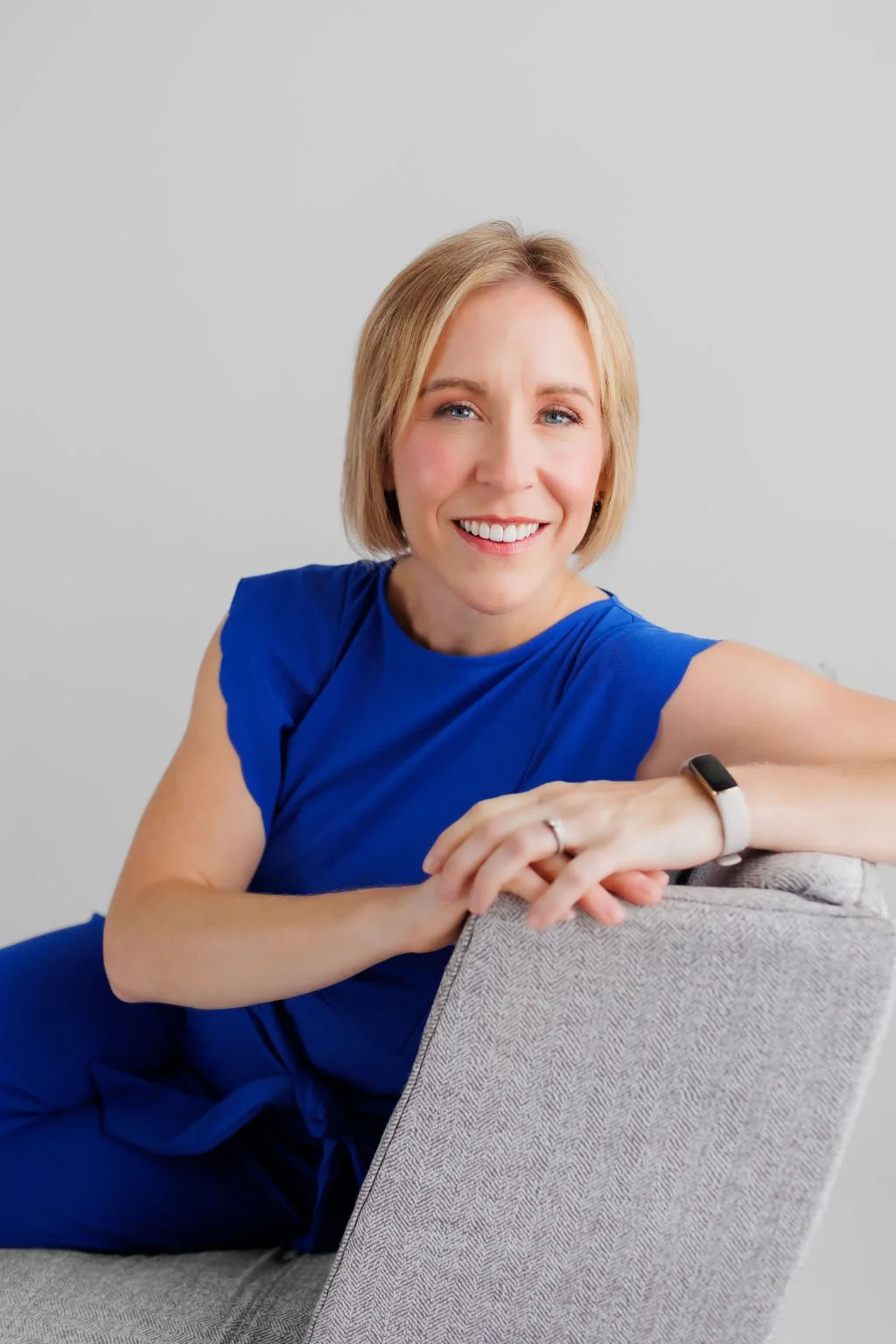Because Words Matter: On Choosing the Name Science for Survivors
Why “Science for Survivors” ? Because Language Matters.
When I teach about sexual violence, we start not with statistics, but with language.
➤ What do we call it when someone forces sex on another person?
➤ What words does the media use?
➤ How do we talk about sex in popular culture? When it’s consensual? When it’s not?
These aren’t just semantics. They shape how we make sense of harm — and who we hold responsible.
We unpack the words used to describe sex, intimacy, and violence. We talk about the difference between “had sex” and “was raped.” Between “accuser” and “victim.” Between “moving on” and “surviving.” Because how we talk about violence shapes whether we see it as violence at all — and whether we see the person harmed as someone who deserves care or blame.
It’s why I care deeply about the name Science for Survivors.
📄 (Want to see how we unpack it? Here’s one of the Vox articles we read).
The power of the word survivor
The word survivor has its roots in the feminist anti-violence movement of the 1970s. It emerged as a way to shift the narrative — to reclaim agency, to move beyond the passivity of the word victim. It’s been a powerful tool for helping many people recognize their own strength in the aftermath of trauma.
But over time, survivor has also come to encompass a much broader range of experiences — people surviving war, illness, disaster, abuse, incarceration, loss. It’s used in courtrooms, hospitals, therapy rooms, media coverage, and social media.
And like all words, it doesn’t work for everyone.
Words matter. Truth matters. And how we name our experience is part of the healing.
Not everyone feels like a survivor
Some people feel that survivor doesn’t fit. It doesn’t represent their truth.
For some, it implies triumph when they’re still in pain. Others worry it shifts attention away from the harm done to them. In her TIME essay, Chanel Miller (formerly known as Emily Doe in the Brock Turner case) writes that victim more accurately reflects her experience — not because she lacks strength, but because it puts the burden where it belongs: on the perpetrator.
Many people I’ve worked with, and many writers and researchers, have shared similar reflections. Some reject labels entirely. Others use different words at different points in their healing.
I hear this in my clinical work, too. Some patients say they don’t relate to the term survivor. They just want to be seen as themselves — not reduced to a category.
And I respect that.
There’s no one right term. What matters is honoring each person’s truth.
📄 (Read Chanel Miller’s reflection in TIME)
Why I still chose it
I chose the name Science for Survivors not because I believe everyone needs to identify with the term, but because it reflects how I see the people I work with every day:
➤ As people who are still here.
➤ Still building lives of meaning, connection, creativity, and joy — even when the path has been unimaginably hard.
The word survivor isn’t about having it all together — it’s about still being here.
It’s not about whether something still hurts. It’s about the fact that you’re still trying.
But if you don’t identify with that word, that’s okay. I will always honor whatever language feels most true to your experience — or none at all.
In the end, this project is really science for all.
Because evidence-based care, accessible knowledge, and real healing should belong to everyone.
The words we use in mental health shape how people understand their experiences, and whether they feel seen. Clear, respectful language matters.
About the Author
Christal Badour, PhD is a licensed clinical psychologist, researcher, educator, and public speaker. Her work spans research on improving the effectiveness of trauma-focused mental health interventions, clinical care with trauma survivors, clinician training, community collaboration, and forensic evaluation. Across these roles, she focuses on making the psychological science of trauma recovery clear and accessible.
Stay connected
Subscribe for evidence-based resources on trauma recovery and PTSD, grounded in clear, accessible psychological science.




